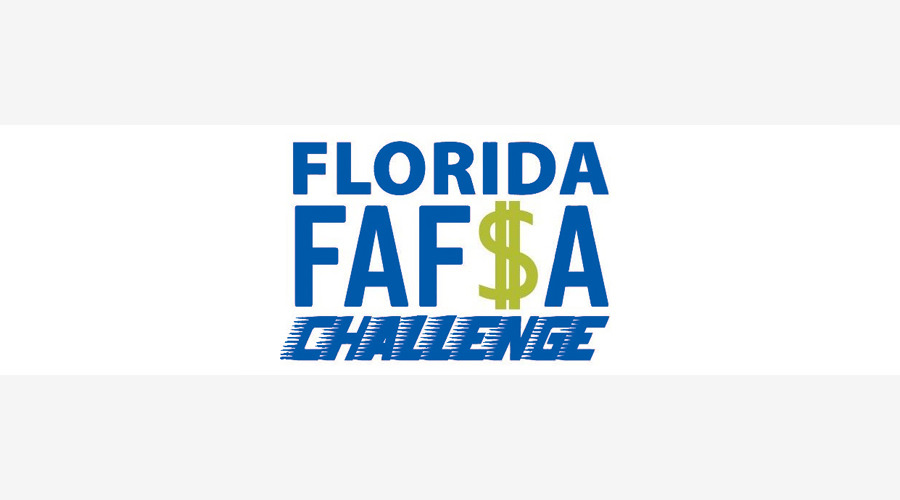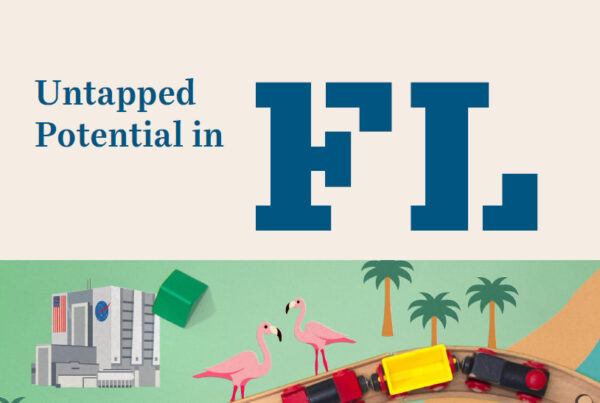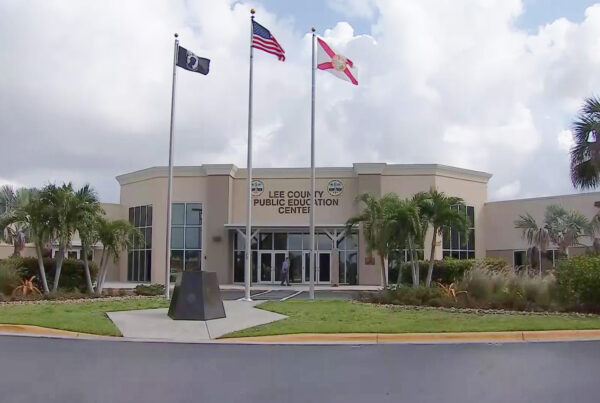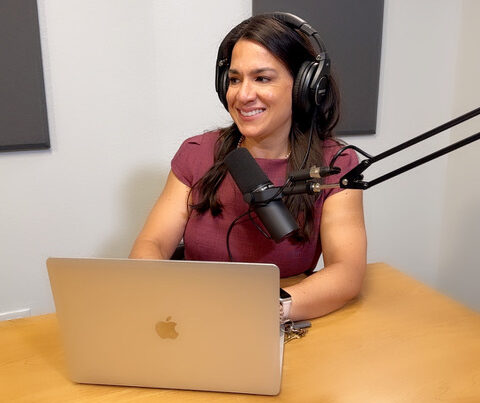
Florida seniors qualify for an estimated $155 million in Pell Grant dollars to help pay for college
Florida College Access Network (FCAN) recently announced the winners of the 2020 Florida FAFSA Challenge, a statewide campaign to increase the proportion of high school seniors completing the Free Application for Federal Student Aid (FAFSA).
Each year, U.S. high school graduates leave over $2 billion in free federal grant money on the table by not completing the FAFSA that could’ve earned them Pell Grant money, which unlike student loans, does not need to be paid back.
Glades County School District and Florida Southwestern Collegiate High School in Punta Gorda both received accolades and have been designated Florida FAFSA Champions for the 2019-2020 school year by boosting their FAFSA by at least five percent by April 24, 2020 compared to March 29, 2019.
Glades and Charlotte counties also won top honors as the highest performers. Glades County School District won for highest FAFSA completion rate and most improved for a small district. Florida Southwestern Collegiate High School in Punta Gorda also won for most improved for a small school.
“Our goal was 100 percent but we are still very pleased that so many of our seniors took our advice and completed their FAFSA,” said Michelle Wier, principal, Florida Southwestern Collegiate High School. “We created a new part-time position for a Career and College Specialist who met with each senior individually several times this past school year. We believe most high school seniors do not understand the full benefits of completing the FAFSA and we speculated that if they understood how FAFSA is used by colleges and universities and were reminded to apply several times, they might be more likely to follow through.”
Both Glades County School District and Florida Southwestern Collegiate High School are part of the FutureMakers Coalition, a regional collective impact initiative to transform the workforce by increasing the number of Southwest Florida residents with degrees, certificates and other high-quality credentials by 2025.
“We believe that it takes a village to raise a child and several contributing factors helped us show growth in the number of seniors completing FAFSA.” said Rosa Perez, assistant principal of Moore Haven Middle High School.
Perez noted numerous informational sessions held during the school day and evenings with representatives of local colleges providing important information on how and why to complete the FAFSA. Both parents and students were assisted with extra support if needed in completing the application as well as help applying to universities and colleges.
“The belief that our students can and will succeed has been contagious, and we are looking forward to the profound effect that the college experience is going to have on our students, families and this community,” said Kim Jordan, superintendent of Glades County School District. “Higher education opens the door to possibilities that many never expect or even experience, so the more we can foster the love of learning the better the opportunities for their future.”
As of April 24, 38.7 percent of Florida public high school seniors completed a FAFSA and are one step closer to getting the money needed to pay for education beyond high school. According to an FCAN analysis, this translates to an estimated $155 million in Pell Grant dollars.
Through the end of April, 153 schools in 50 Florida counties increased the percentage of seniors who completed the FAFSA by at least five percentage points over last year.
FAFSA helps students qualify for financial aid like Pell grants, to pay for college expenses. Many Florida students who could qualify for financial aid do not receive it because they do not complete the FAFSA. In the 2018 – 2019 school year, Florida ranked 3 rd in the nation for the proportion of students who qualified for a Pell grant, but only 30 th for the proportion of students who completed the FAFSA. FCAN’s goal is to recognize communities and schools who help more students complete the FAFSA and get access to necessary financial aid.
The Florida FAFSA Challenge is part of College Ready Florida, a suite of statewide initiatives designed to build a college-going culture and help all students — especially low-income students — continue their educations beyond high school.
“FAFSA is an untapped resource for all students, including low-income, first-generation students who might otherwise not be able to afford college or technical school,” said Tessa LeSage, director, FutureMakers Coalition.
The FutureMakers Coalition encourages residents to join and support this community-changing initiative. For more information, visit www.FutureMakersCoalition.com, call 239-274-5900 or email Tessa LeSage at TLeSage@floridacommunity.com.
About Florida College Access Network
Florida College Access Network (FCAN) is Florida’s first collaborative network committed to ensuring all Floridians have the opportunity to achieve an education beyond high school and prosper in Florida’s dynamic economy. Our mission is to create and sustain a statewide network that catalyzes and supports communities to increase college and career preparation, access, and completion for all Florida students. For more information, visit floridacollegeaccess.org.
About the FutureMakers Coalition
The FutureMakers Coalition is a regional collective impact initiative for which the Southwest Florida Community Foundation provides backbone/administrative support. Formed in 2015 around existing regional collaborations, the goal of the FutureMakers Coalition is to transform the workforce by increasing the number of Southwest Florida residents with degrees, certificates and other high-quality credentials by 2025. The Coalition is committed to creating a cradle-to-career pathway to ensure success for traditional students and adult learners. The FutureMakers Coalition covers Hendry, Glades, Charlotte, Lee, and Collier Counties and earned a Talent Hub designation from the Lumina and Kresge Foundations in 2020. Talent Hub communities meet rigorous standards for creating environments that cultivate, attract, and retain talent, particularly among today’s students, many of whom are adults, Black, Hispanic, or Native American, students from low-income households, or the first in their families to go to college.



























